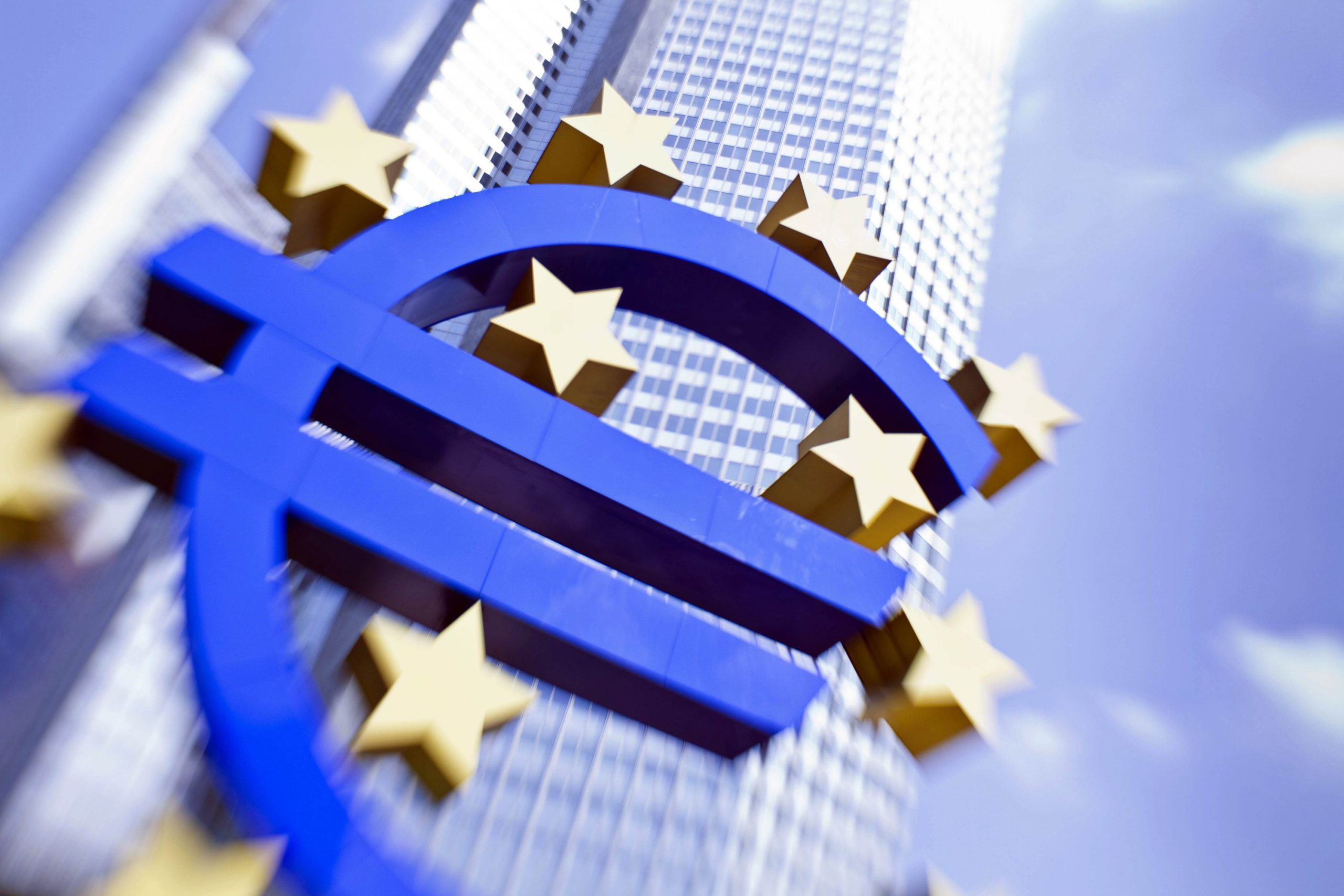Paul Diggle, Aberdeen Standard’s Senior Economist, highlights the three key lessons learned over the last ten years
This month marks a decade since the European Central Bank last raised interest rates. Portugal was about to become the latest country to require a bailout amid the raging debt crisis. But this didn’t deter ECB President Jean-Claude Trichet from hiking rates to 1.25% to fight phantom inflation pressures. It is rightly remembered as a major policy error.
Trichet’s successors Mario Draghi and Christine Lagarde do appear to have heeded the lessons from that period. Draghi provided extraordinary support to the economy, helping to save the very existence of the Eurozone during the debt crisis. And in keeping bond yields low, Lagarde has enabled governments to mount huge fiscal responses to the Covid crisis.
But there are still important lessons to be learned from the past decade, and the time to learn them is now. The ECB has a fantastic opportunity to put these in place as part of its strategic review of monetary policy due out six months from now.
Strategic review
First, the ECB should be bold in how it redefines the inflation target. It should be more definitive than its current, rather vague, target of “below, but close to, 2%”. The ambiguity in that formulation leads to disagreements on the Governing Council about what the ECB is trying to achieve, rather than on the more pressing issue of how best to achieve it. After all, one Governing Council member’s “below, but close to, 2%” might be 1.6%, while another’s is 1.9%.
The current wording also undermines the actual objective. It sounds like the central bank would prefer inflation to be below 2% much more than it would tolerate it being above 2%. That’s problematic given that low inflation expectations lead to low inflation. Specifying an inflation target should anchor expectations, not undermine any prospect of the target being achieved.
The ECB should take a leaf out of the US Federal Reserve’s book by adopting an average inflation target. The central bank would make up for a period of sub-2% inflation by targeting a period of above 2% inflation, so that inflation is on average 2%. This may have prevented Trichet’s 2011 rate hikes. It would certainly keep policy accommodative as the economy heals from the pandemic.
Climate targeting
Second, the ECB should use monetary policy to hasten the transition to clean energy. Climate change is a direct monetary policy consideration because it could involve higher energy price inflation and lower economic growth that alters the appropriate level of interest rates. It’s also a monumental financial stability concern. Physical and transition risks will impact insurance liabilities, the fair value of companies, and financial markets writ large.
The ECB should explicitly condition its forecasts on alternative climate scenarios. That would make clear to any remaining sceptics the importance of climate change to the economic outlook. More radically, it should consider applying climate filters to its own balance sheet. If it favoured the bonds of greener companies in its bond-buying operations it could lower funding costs for environmentally-friendly corporates. In its role as banking supervisor, the ECB should be weighing up whether to apply differential capital requirements to banks’ lending activities based on climate considerations. This would mean the capital a bank holds against a loan to a green project could be lower than for other types of lending, acting as catalyst for green investment.
Digital future
Third, the ECB should issue a digital euro. Consumers are already switching from cash to digital payments. The pandemic has hastened this trend. But the decline of physical cash means ordinary consumers are losing direct access to the central bank’s balance sheet. A digital euro – essentially, bank accounts with the ECB – would give people the convenience of a modern payment system and the safety of a direct claim on the central bank.
It is also important that the ECB, rather than some private-sector organisation or group, issues the medium of exchange in Europe. If, in the future, a more stable cryptocurrency became the dominant digital payment system, the ECB would not be able to set the interest rate and influence inflation for this money. Rival digital currencies are an existential threat to monetary policy itself. A digital euro would ensure the ECB maintains monetary sovereignty and can keep doing its job.
Ten years ago, the ECB’s unfounded fears of inflation poured fuel on the fire of the sovereign debt crisis. Enough has changed in policymakers’ thinking that the error of tightening monetary policy too soon should never be repeated. But the potential error today, as the ECB nears the end of its strategic review, is one of not acting assertively enough in redefining its role for the modern age. The ECB has a great opportunity. It should not squander it.
Aberdeen Standard Investments’ Senior Economist Paul Diggle





